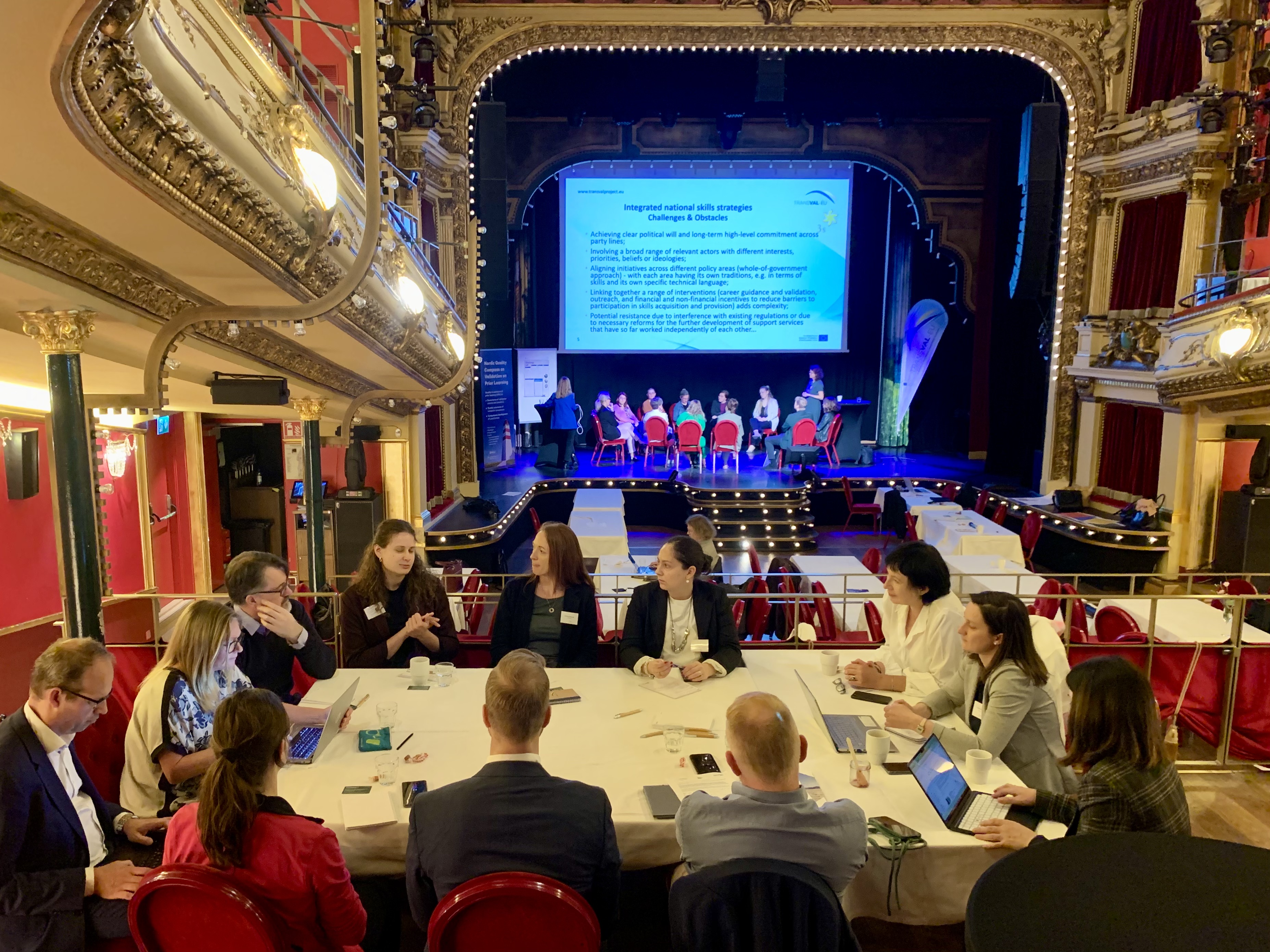
Coordinated by the Austria's Agency for Education and Internationalisation (OeAD), on behalf of the Austrian Federal Ministry of Education, Science, and Research, TRANSVAL-EU engaged 16 partners from seven countries and 12 associate partners. The Lifelong Learning Platform was one of them. This ambitious initiative aimed to experiment with the validation of transversal skills acquired through non-formal and informal learning (VNFIL) in five pilot countries: Austria, Belgium, Italy, Lithuania, and Poland.
The primary objective of TRANSVAL-EU was to increase the knowledge and awareness of validation assessors, counsellors, and career guidance practitioners on transversal competences through capacity building. Additionally, the project aimed to strengthen cross-sector cooperation between practitioners, policymakers, and other stakeholders to build coherent VNFIL systems.
As the largest European policy experiment on VNFIL, TRANSVAL-EU implemented innovative practices and tools, drawing inspiration from various organisations and regions. The project, supported by Erasmus+ KA3 Policy Reform (Policy Experimentations), focused on avoiding duplication of efforts by sharing successful practices and policies between advanced countries and those where transversal skills were a new interest.
The project's impact was substantial, with 30 practitioners trained at the EU level, 181 engaged in national and regional pilot programs and training, and 256 end-users benefiting from upskilled practitioners. The positive results were evident, with 30% to 50% of end-users experiencing an increase in transversal competences, and 35% to 42% reporting enhanced social inclusion. More research results are accessible in the research reports here.
TRANSVAL-EU made significant contributions at both EU and national levels. At the EU level, the project played a crucial role in advancing the European Skills Agenda, Council Recommendation on VNFIL, and the Cedefop Guidelines on VNFIL. Nationally, the impact varied but was noteworthy. In Austria, the project was integrated into the national implementation plan and VET policies. In Italy, TRANSVAL-EU influenced debates about including transversal skills in the National Atlas of Competences, while in Lithuania, efforts were made to incorporate project outcomes into general education for career guidance.
As we navigate the challenges of the future, TRANSVAL-EU's lessons learned, and achievements seamlessly align with the goals of the European Year of Skills. The Year, of which projects like TRANSVAL-EU are an integral part, amplifies the collective efforts to build a more skilled and adaptable workforce, fostering a dynamic educational environment that empowers individuals with the transversal skills needed to thrive in an ever-changing world.
- Project locations
- AustriaBelgiumItalyLithuaniaPoland
